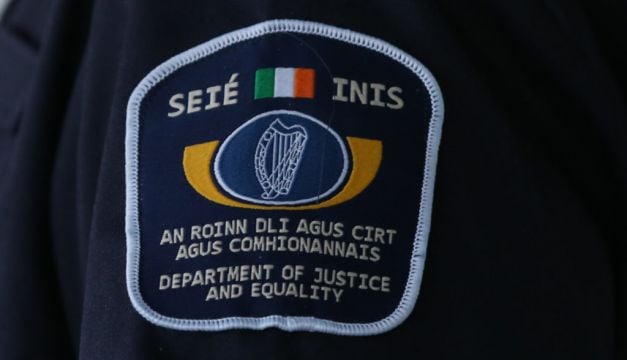The Minister for Justice and Equality was correct to refuse to extend a two-year working holiday visa for a Canadian woman, the Supreme Court has ruled.
The court also said, as part of its judgment in the case, that it was undesirable that lawyers place exclusive reliance on the European Convention on Human Rights (ECHR) when the right involved is also a constitutional matter.
The Constitution "remains the fundamental law and ultimate source of human rights protection" and must interact in a positive fashion with the ECHR, Mr Justice Gerard Hogan said on behalf of a five-judge Supreme Court.
As previously noted by the Supreme Court, the ECHR "does not seek to operate as a surrogate constitution as such but instead rather seeks to establish minimum guarantees for the functioning of free and democratic societies within the contracting states", he said.
The Oireachtas has not and - absent a constitutional referendum - could not "have accorded the ECHR the same status as the Constitution within our legal system", he said.
Appeal
The judge made the comments in the context of a judgment allowing an appeal brought by the minister against a High Court decision quashing the minister's refusal to extend Canadian Jaimee Middelkamp's visa.
Ms Middelkamp came here in August 2018 on a special working holiday visa, which applies to 10 non-EU countries including Canada, to support her husband Gregory Paul who was here on a separate student visa allowing him to do a four-year course in dentistry in UCC.
She worked as a legal secretary, eventually qualifying as a solicitor. Before her two-year visa was up she applied to have it extended as her husband would be here for another two years to finish his course.
The minister refused on the basis that "the interest of public policy and the common good in maintaining the integrity of the immigration system" outweighed such features of her application that might tend to support a decision to vary permission under section 4(7) of the 2004 Immigration Act.
She brought High Court judicial review proceedings seeking to quash the decision primarily on grounds involving her right to family life under the ECHR. The Minister opposed the action.
On Wednesday, the Supreme Court ruled the minister's decision did engage Ms Middelkamp's ECHR right to family life as the practical effect of the decision was to oblige her to separate from her husband for two years.
While the minister fell into error in considering her ECHR right was not engaged, the decision to refuse to extend the visa was nonetheless justifiable as being necessary in a democratic society for the purposes of the ECHR, the court said.
Save for exceptional or special circumstances, the minister was fully entitled to conclude the interference with those rights was outweighed by the public interest in ensuring that the terms of the working holiday visa system were adhered to, it said.
Before the appeal began, It has been agreed there would be no application for costs against Ms Middelkamp if the minister won the appeal.
In two separate judgments, Ms Justice Elizabeth Dunne and Mr Justice Peter Charleton agreed with Mr Justice Hogan.
Chief Justice Donal O'Donnell and Mr Justice Brian Murray also agreed.







